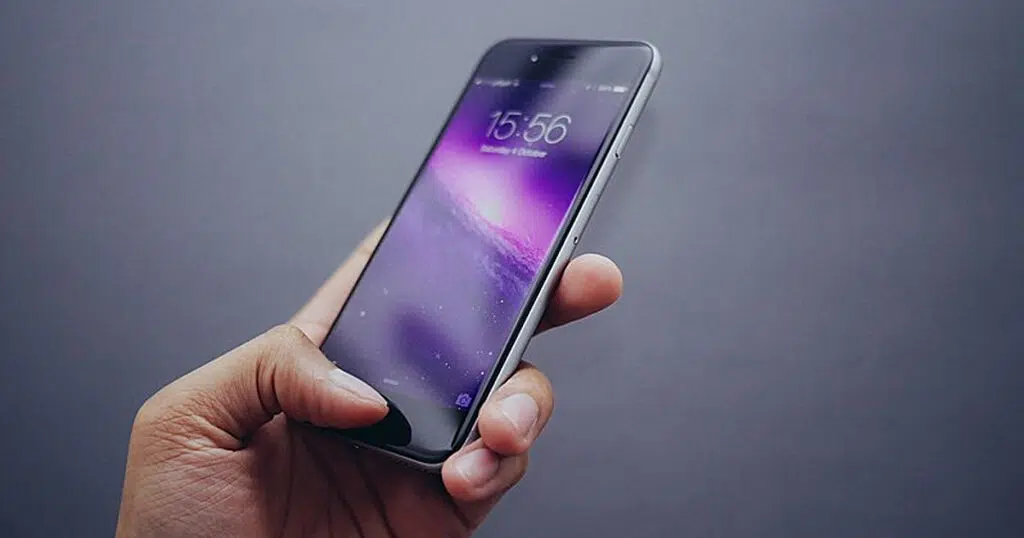
Research: You Might Think That Smartphone Enhances Your Life, And You’d Be Wrong
With the way smartphones have become ubiquitous in today’s world, it would likely surprise few to learn so many users have ended up depending on their devices to try and find the human contact — and ultimately meaning — they either don’t have the time or opportunities to find personally.
A recent study by researchers at Baylor and Campbell Universities concludes that use of smartphones and social media may promise satisfaction and meaning, but in the ends will lead to the opposite and only deliver more searching
Christopher M. Pieper, a senior lecturer of sociology at Baylor, and the study’s lead author, Justin J. Nelson, an assistant professor of sociology at Campbell, partnered to investigate what has emerged as a complex relationship between one’s seeking of meaning in life and technology. The duo analyzed data from the Baylor Religion Survey. Their report, “Maladies of Infinite Aspiration: Smartphones, Meaning-Seeking and Anomigenesis,” was published in the journal Sociological Perspectives.
The researchers’ results provide a sociological consideration of psychological studies that have explored the connections between digital devices and media use and feelings of loneliness, depression, unhappiness, suicidal ideation and other poor mental health issues.
“Human beings are seekers — we seek meaning in our relationships, our work, our faith, in all areas of social life,” Pieper said. “As researchers, we were interested in the role that smartphones — and the media they give us instant access to — might be playing in meaning-seeking.
“We conclude that smartphone attachment…could be anomigenic, causing a breakdown in social values because of the unstructured and limitless options they provide for seeking meaning and purpose and inadvertently exacerbate feelings of despair while simultaneously promising to resolve them,” he said. “Seeking itself becomes the only meaningful activity, which is the basis of anomie and addiction.”
Nelson and Pieper also found a link between the search for greater meaning and feelings of attachment to one’s smartphone — potentially a precursor to tech addiction.
“Our research finds that meaning-seeking is associated with increased smartphone attachment — a feeling that you would panic if your phone stopped working,” Nelson said. “Social media use is also correlated with increased feelings of attachment.”
The researchers concentrated on responses to questions used in the religion survey that related to use of information and communication technology (ICT) devices, as well as questions related to meaning and purpose.
A key discovery of the study is that the feeling of attachment is highest for those who use social media less often. The research found that smartphone users seeking solace or connection through their phones in shorter amounts of time might exacerbate attachment.
“What is interesting is this association decreases for the heaviest of social media users,” Pieper said. “While we don’t know how this group uses social media, it might be that normalized use at the highest levels erases feelings of attachment for the individual — as we put it, it would be like saying one is attached to their eyes or lungs.”
The two researchers, Pieper said, uncovered “a social mechanism that draws us into smartphone use, and that might keep us hooked, exacerbating feelings of attachment and anomie, and even disconnection, while they promise the opposite.”



